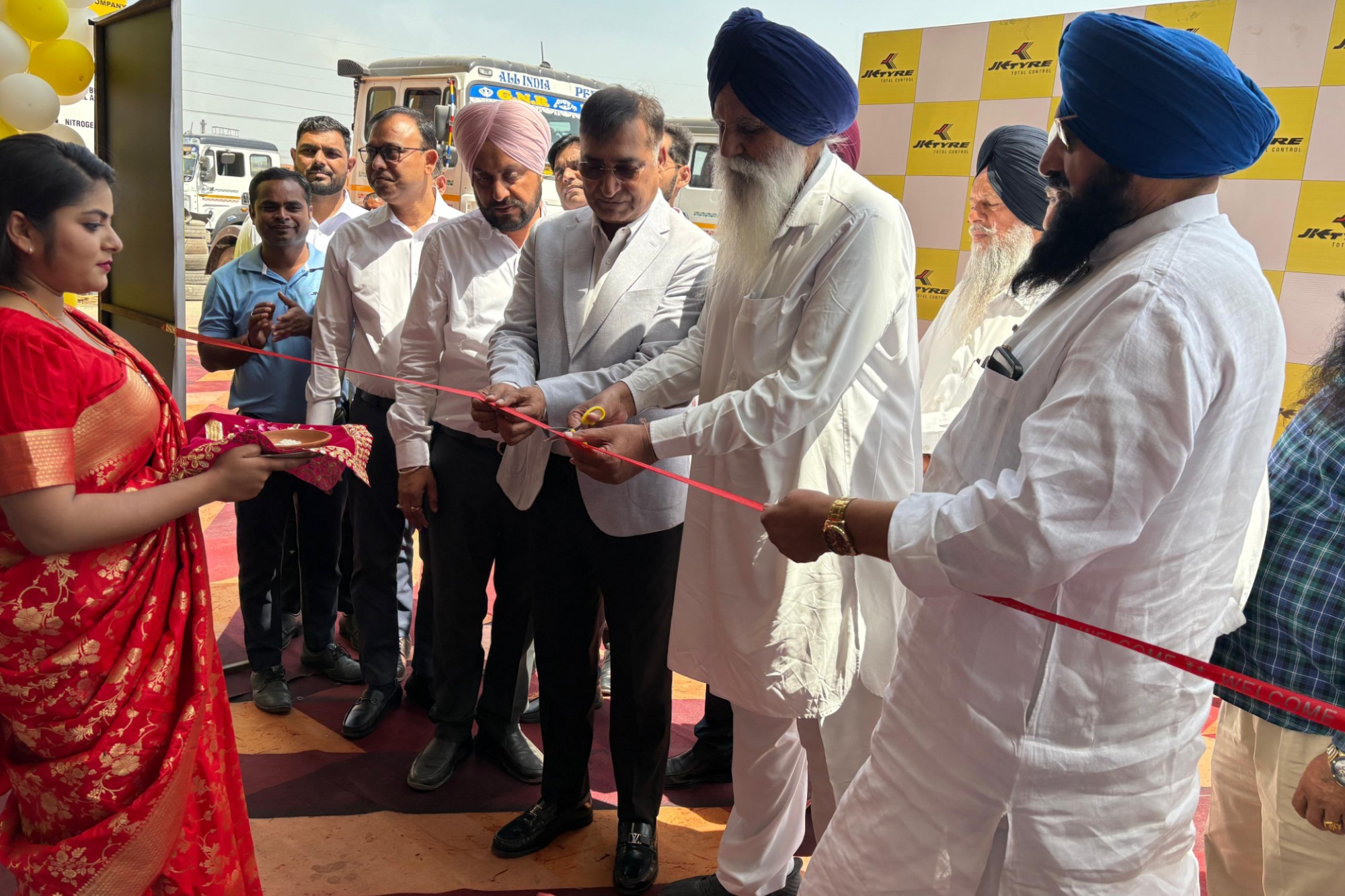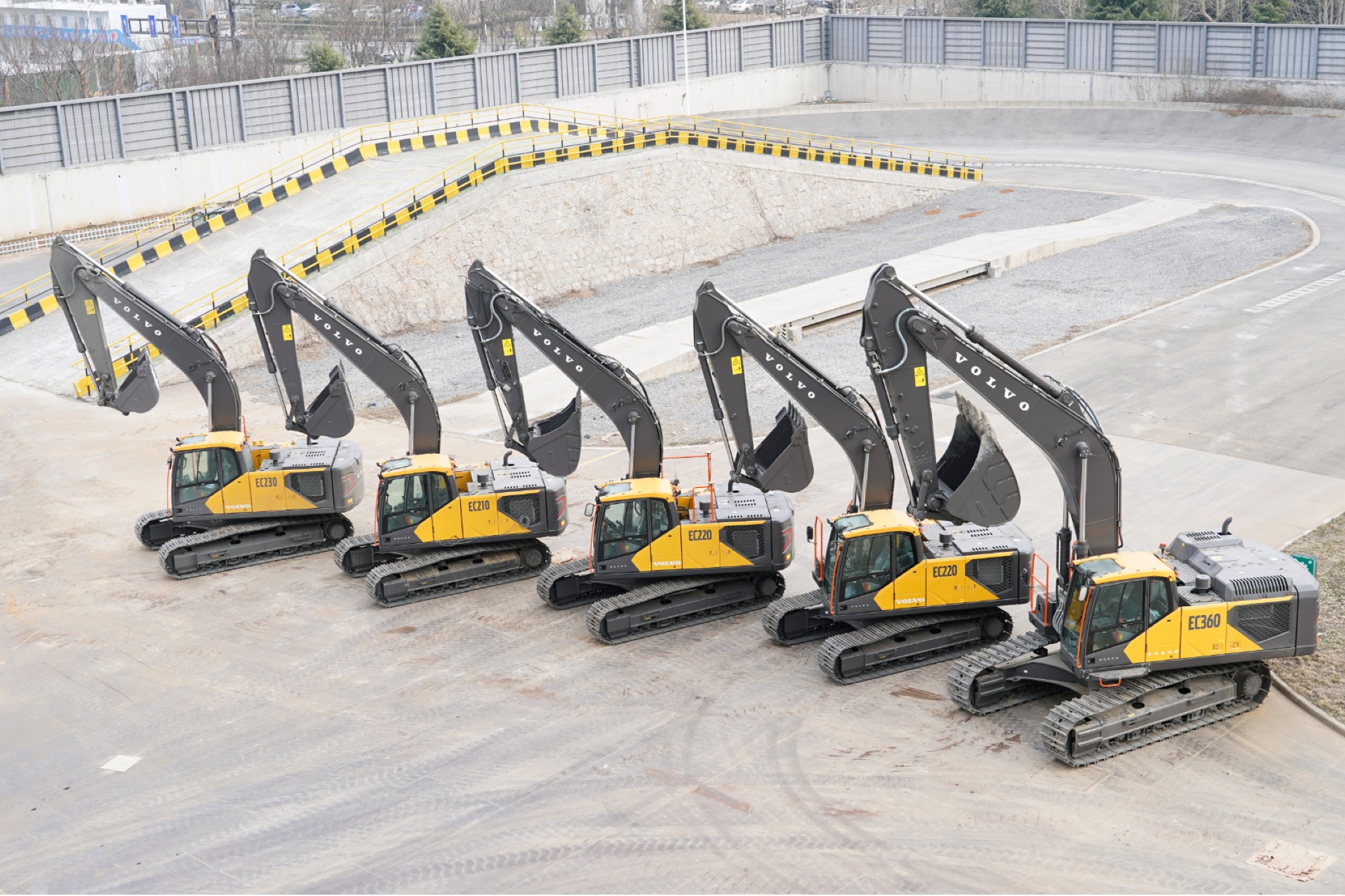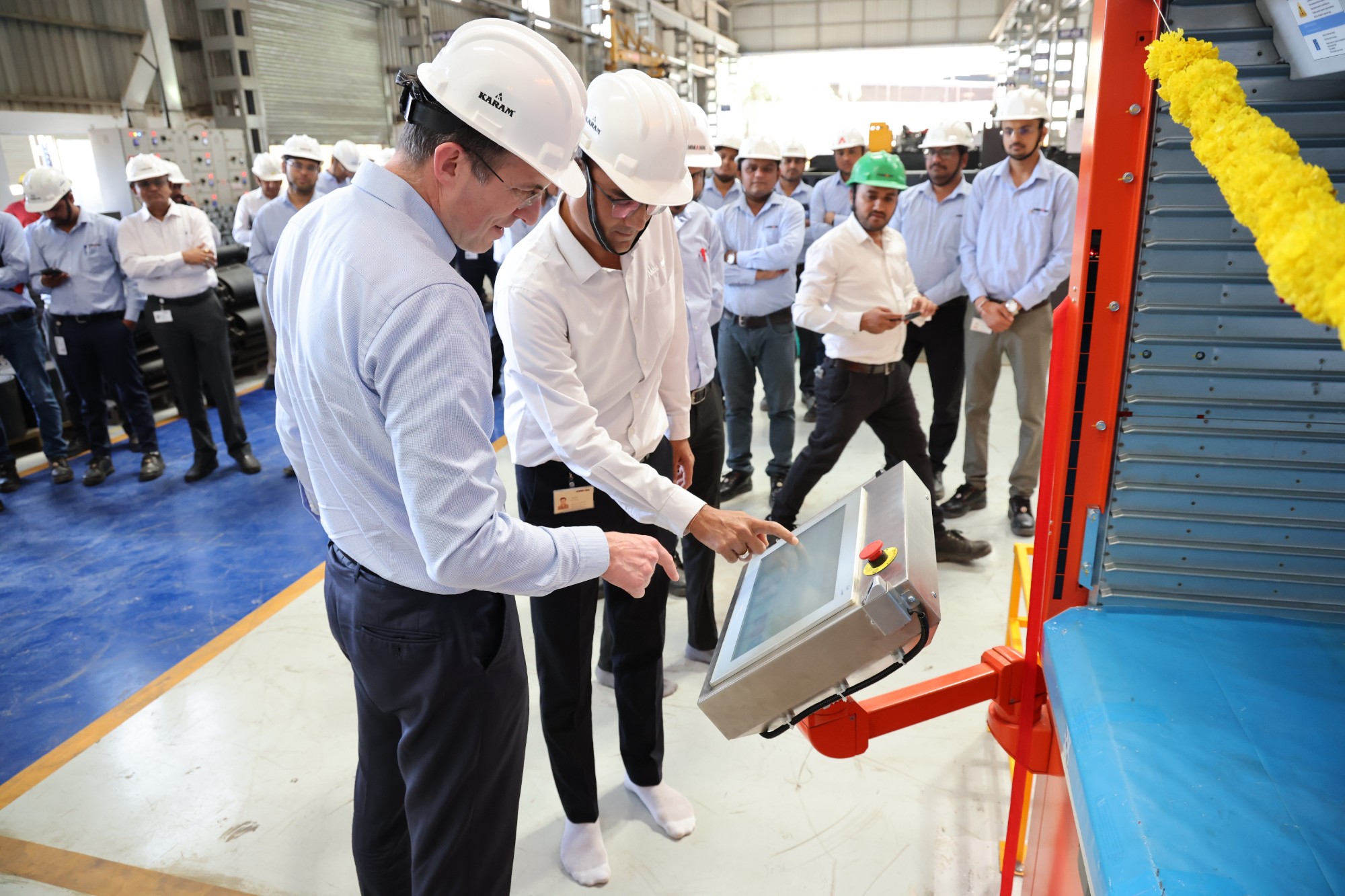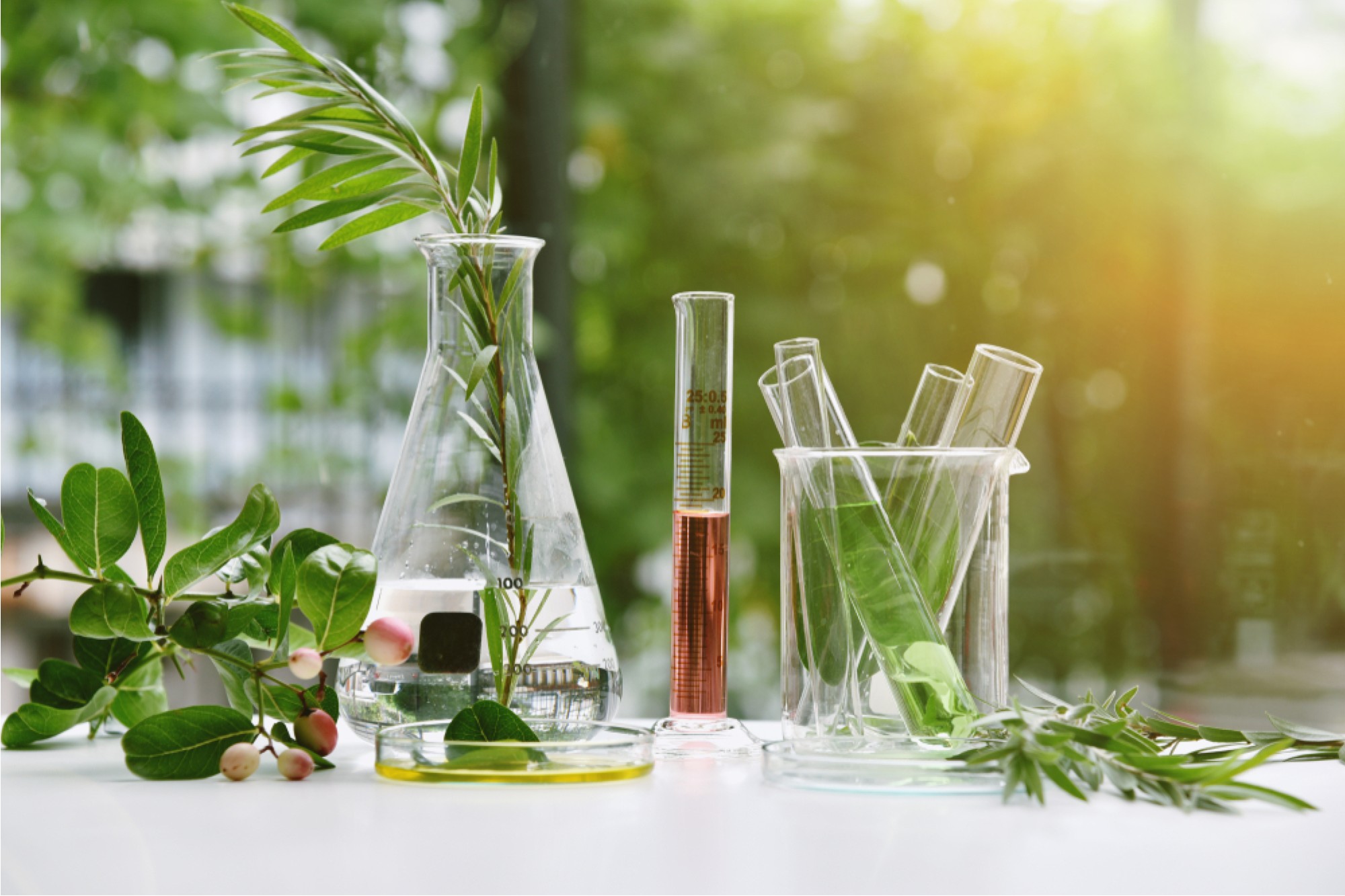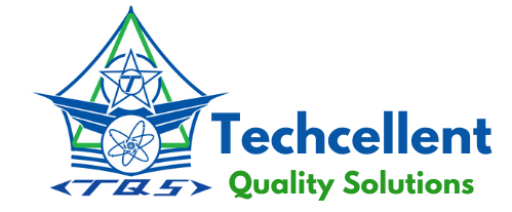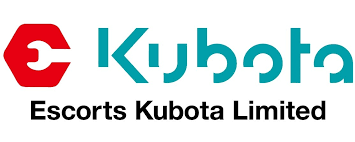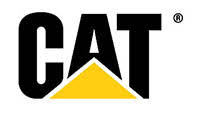Innovative water management ideas for construction sites
By Edit Team | November 10, 2023 12:33 pm SHARE
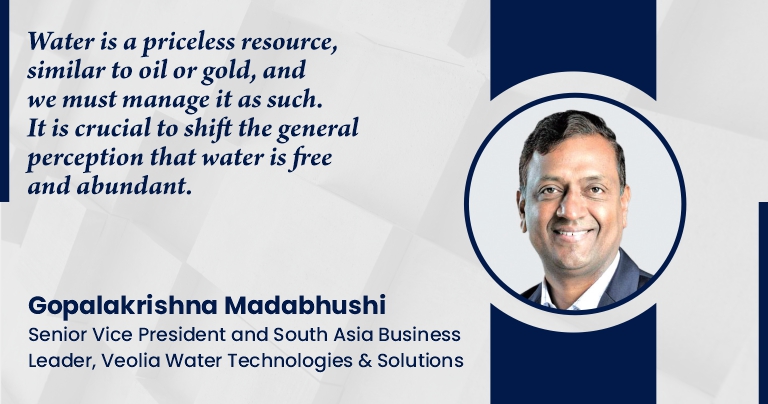
Water is a priceless resource, similar to oil or gold, and we must manage it as such. It is crucial to shift the general perception that water is free and abundant.
India faces a pressing water crisis, where only 4 percent of the world’s usable water serves 16 percent of the global population. This interview with Veolia, a key player in water treatment, sheds light on their role in government collaborations and the shift toward sustainable water management in construction projects.
What immediate and long-term strategies should India implement to improve water conservation, enhance recycling and reuse practices
Less than 1 percent of the water that is accessible on this planet is suitable for human consumption, according to the available information. Furthermore, only 4 percent of that water is accessible in India, despite the country’s population making up roughly 16 percent of the total worldwide. We are at a severe disadvantage in terms of access to water because we only account for 4 percent of the world’s usable water. Additionally, fewer than 20 percent of our waste is recycled and reused, and sewage water is frequently left untreated. As well as having severe water leaks in our distribution systems, we also have reuse and recycling rates that are much lower than global industry averages. Additionally, the agricultural methods we use in India are very different from those used globally and require considerable amounts of water. When we take into account all of these variables, it becomes clear that India’s water sector and water supply are highly challenged. To solve this problem, immediate action is required.
We can’t simply produce additional water, except through desalinisation in a few spots, therefore we must concentrate on utilising and recycling the water we already have in India. Water is a priceless resource, similar to oil or gold, and we must manage it as such. It is crucial to shift the general perception that water is free and abundant. There is growing awareness of this, but it still needs to expand more. Additionally, there should be more encouragement and rewards for governments and industries to implement water recycling and reuse practises. The availability of water in our nation can be increased with advancement in these areas.
Can you share some of the latest innovative solutions and technologies for water management in construction projects?
We offer a variety of solutions in the area of water reuse and recycling for different uses in the municipal and industrial markets. Our products are made to target challenging sectors where both discharge quality and effluent quality are quite high. This is where we step in to promote recycling and reuse. There are various strategies to take into consideration in the construction industry.
For instance, a lot of sewage water is frequently produced in industrial parks and residential buildings. Our flagship product, the 500 Series, features a membrane-based bioreactor with a small footprint that is easily accommodated in basements. With the use of this technology, residential developments, business parks, and other types of complexes can purify sewage water instead of using expensive municipal water supplies.
We also offer reverse osmosis membranes, which are used to purify brackish and seawater for drinking purposes. Industries and business establishments are using these solutions more frequently to make sure that their operations have access to high-quality drinking water.
How can sustainable practices be integrated into water management solutions, and what would be the positive impact on the environment?
The key to water management sustainability is a fundamental adjustment in mindset: acknowledging that water is a precious resource that must be protected and cared for. Water treatment plants are frequently viewed as a burdensome expenditure by enterprises. However, it is critical to recognise that water is a critical raw element, and actions must be taken to safeguard and maintain this resource. Consider this: one of India’s top chemical fertiliser manufacturers uses 20 million litres of water every day. Instead of relying on the Municipal Corporation, they chose to obtain sewage water from the Ghatkopar pumping station, which was treated with our technology to fulfil industrial grade standards. This effort not only cut the company’s water expenses, but it also reused approximately 20 million litres of water each day for the benefit of over 50,000 Mumbai homes.
In this sense, sustainability entails not just resource conservation but also efficient reuse. By doing so, the drinking water business and other industries will be able to cohabit on a common platform. For example, we collaborated with the Lodha Group to build and run a sewage treatment facility, greatly lowering their reliance on freshwater supplies and benefiting both the firm and its customers. We are taking active steps to reduce our reliance on precious water resources and to promote effective reuse and recycling.
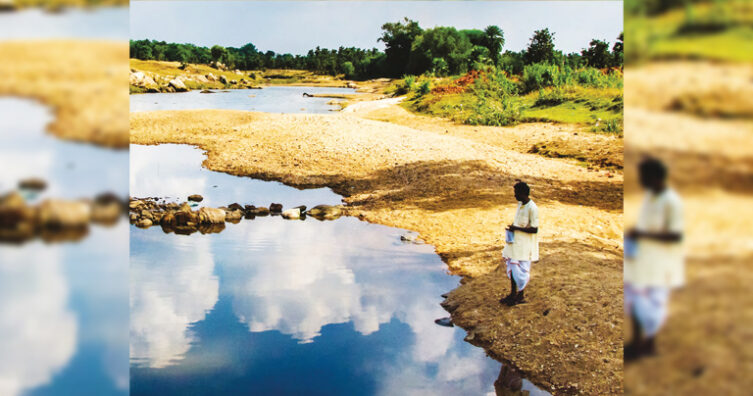
Indian government has introduced various water management missions and campaigns. How does Veolia collaborate with these initiatives to ensure the success of sustainable water supply?
As a major participant in the water treatment sector, we actively work with government initiatives, but in the future, more broad cooperation might be required. For instance, to help the Municipal Corporation of Greater Mumbai’s (MCGM) recent water management measures, we have teamed with them. Our technology is essential in supplying high-quality treated water that helps the larger community while reducing environmental impacts.
While we have interacted with numerous governmental agencies and municipal companies, more can definitely be done. An incentive scheme is necessary to hasten the adoption of technologies for water management. The adoption of these technologies will proceed more quickly if municipal corporations, governments, and towns provide incentives to businesses and industries that use water recycling and reuse techniques.
Moreover, industries that invest in developing their own water resources, such as through recycling or desalination, should receive subsidies that would otherwise be spent on municipal water supplies. This will further bolster the adoption of these sustainable technologies.
Looking forward, how do you see the future of water management in construction projects in the coming years?
A country like India which is quickly developing has a bright future for water management in construction projects. While the public’s understanding of the value of water is growing, the construction and infrastructure industries are expanding significantly. One such instance is a current effort that provides RO-treated water to each home in a particular apartment complex through its taps. By ensuring that kitchen water has already undergone treatment, this creative approach saves individual homes from having to make such investments. Clean water is becoming more and more valued and understood.
I anticipate that more commercial, residential, and business developments will use water treatment, reuse, and recycling as a defining characteristics in the upcoming years. This would not only lessen their reliance on traditional water sources but also appeal to customers who care about the environment. Growing consumer confidence in companies that value sustainability and make investments in it characterises the future, in my opinion. These factors are receiving increasing attention as the emphasis on sustainability grows.
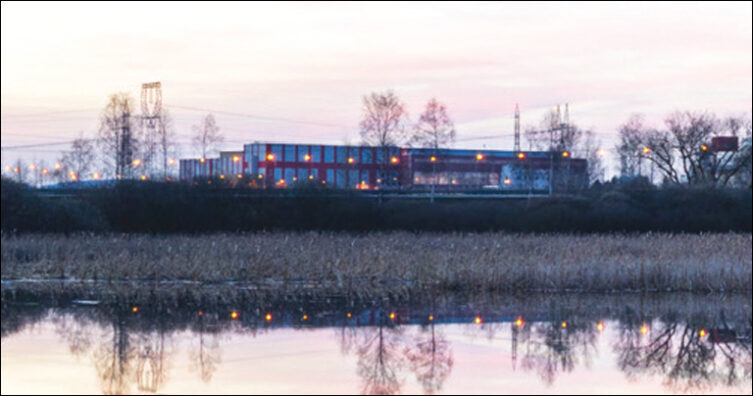
Spokesperson – Gopalakrishna Madabhushi, Senior Vice President and South Asia Business Leader, Veolia Water Technologies & Solutions
Cookie Consent
We use cookies to personalize your experience. By continuing to visit this website you agree to our Terms & Conditions, Privacy Policy and Cookie Policy.



